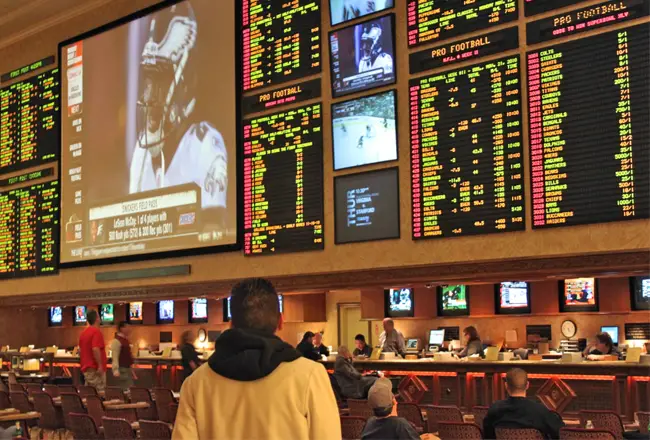The U.S. Supreme Court struck down the Professional and Amateur Sports Protection Act (PAPSA), a 1992 law that prevented nearly all state-authorized betting on professional and college sports.
 The 7-2 ruling was the result of Christie vs. the National Collegiate Athletic Association, where the New Jersey state government has challenged federal law restricting sports betting. Only Nevada was exempt from the law.
The 7-2 ruling was the result of Christie vs. the National Collegiate Athletic Association, where the New Jersey state government has challenged federal law restricting sports betting. Only Nevada was exempt from the law.
Writing for the majority, Justice Samuel Alito stated that “a more direct affront to state sovereignty is not easy to imagine.” Alito added, “Congress can regulate sports gambling directly, but if it elects not to do so, each state is free to act on its own. Our job is to interpret the law Congress has enacted and decide whether it is consistent with the Constitution. PASPA is not.”
In March, Democratic leaders in the Connecticut legislature anticipated PAPSA”™s demise when announcing plans to create a bill to bring sports betting to the state.
“If the court opens up this extremely popular market to the states, Connecticut should be ready to go from both a regulatory and an operational standpoint,” House Speaker Joe Aresimowicz (D-Berlin) said. The state would need to discuss the issue with the Mashantucket Pequot and Mohegan tribes before a sports betting industry can be developed, he said.
Gov. Dannel Malloy said his administration was reviewing the Supreme Court decision. “In the coming days, I plan to deliberate with legislative leadership regarding the impact of this decision on the state,” he said. “As of today, I am prepared to call the General Assembly into special session to consider legalizing sports betting in Connecticut.
“It is incumbent on us to consider the question of legalized sports betting in a thoughtful way that ensures our approach is responsible, smart, and fully realizes the economic potential that this opportunity provides,” Malloy said.






















